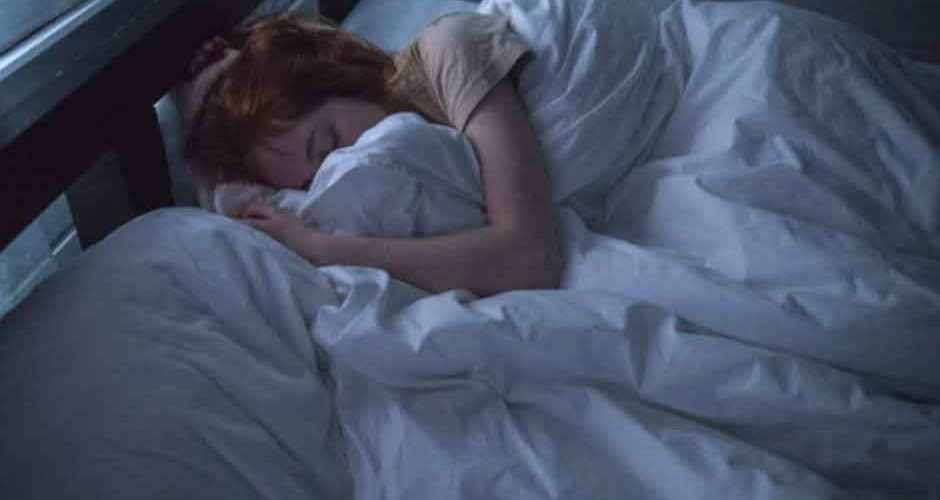According to the Centers for Disease Control and Prevention, one in three adults in the United States does not get enough sleep.
This problem affects people everywhere, including Minnetonka, where busy schedules and daily stress often make it hard to get proper rest. Poor sleep is not just about feeling tired the next morning. Studies link it to higher risks of obesity, diabetes, heart disease, and depression. It also weakens the immune system, reduces focus, and makes it harder to handle stress. If you often wake up groggy or spend nights tossing and turning, you are not alone.
Small changes can make a real difference in how well you rest and how you feel the next day. This article will share practical and effective steps that can help you transform your nights and, as a result, improve your overall health.
Table of Contents
How Breathing Habits Affect Rest
Breathing through the mouth while sleeping can interrupt deep rest and lead to issues such as dry mouth, sore throat, and restless nights. It can also increase the likelihood of snoring and mild sleep apnea. These problems don’t just affect sleep quality — they also impact overall health by reducing oxygen intake and straining the body.
Simple changes like improving nasal airflow, adjusting sleep posture, or using supportive pillows can make a difference. In some cases, jaw alignment plays a role in whether someone breathes comfortably through the nose or relies on mouth breathing. Orthodontic care can help correct alignment issues, and some of the best orthodontists in Minnetonka offer treatment options that support oral health and eventually lead to better sleep.
Optimizing Your Bedroom Environment
The space where you sleep has a direct impact on the quality of your rest. A room that is too hot, too bright, or too noisy can make it difficult to fall asleep or stay asleep. A cooler room, ideally between 60 and 65 degrees Fahrenheit, is linked to deeper and more restorative sleep. Blackout curtains or an eye mask can block unwanted light, while earplugs or a white noise machine can reduce noise.
Your mattress and pillows also play a role. If they are old, lumpy, or uncomfortable, they can cause aches and poor sleep. Investing in supportive bedding is not just about comfort—it helps your body relax and recover through the night.
Making Smarter Food and Drink Choices in the Evening
What you eat and drink in the hours before bed can have a strong effect on sleep. Caffeine is one of the biggest culprits. It can stay in your system for six hours or more, making it harder to fall asleep even if you consumed it in the afternoon. Alcohol is another disruptor. It may make you feel sleepy at first, but it interferes with the deeper stages of sleep, leaving you restless and tired the next day.
Large or heavy meals close to bedtime can also cause discomfort, indigestion, or acid reflux, which can interfere with rest. Instead, aim to finish eating dinner at least two to three hours before going to bed. If you feel hungry later, a light snack such as a banana or a handful of nuts is usually enough. Herbal teas like chamomile or peppermint can also help you relax without causing sleep disruptions.
Staying Active During the Day to Sleep Better at Night
Physical activity has a direct effect on how well you sleep. Research from Johns Hopkins Medicine shows that people who exercise regularly tend to fall asleep faster and spend more time in deep sleep. Movement helps regulate your body’s natural sleep-wake cycle, reduces stress, and improves mood, all of which make it easier to rest at night.
You don’t need intense workouts to get the benefits. Walking, cycling, or yoga for at least 30 minutes most days of the week is enough. The timing of exercise also matters. High-intensity workouts too close to bedtime can make you feel more alert, so it’s better to exercise earlier in the day. Gentle stretching in the evening, however, can help your muscles relax and prepare for rest.
Using Natural Light to Regulate Your Sleep Cycle
Light exposure is one of the strongest signals for your body’s circadian rhythm. Bright natural light in the morning helps you feel alert and sets the tone for your day. In contrast, dimming the lights in the evening tells your body it’s time to wind down.
Spending time outdoors each day, even for 20–30 minutes, can improve your sleep cycle. If you work indoors, opening blinds or sitting near a window can help. In the evening, reducing exposure to bright indoor lighting supports melatonin production and makes it easier to fall asleep. By managing light exposure, you give your body clear signals that strengthen your natural rhythm and lead to better rest.
Better sleep is not about quick fixes. It’s about making small, consistent changes that add up over time. Sticking to a regular schedule, creating a calming routine, reducing screens before bed, and improving your bedroom environment are simple adjustments that can transform your nights. Paying attention to what you eat, staying active, and managing stress further strengthen your ability to rest well.





